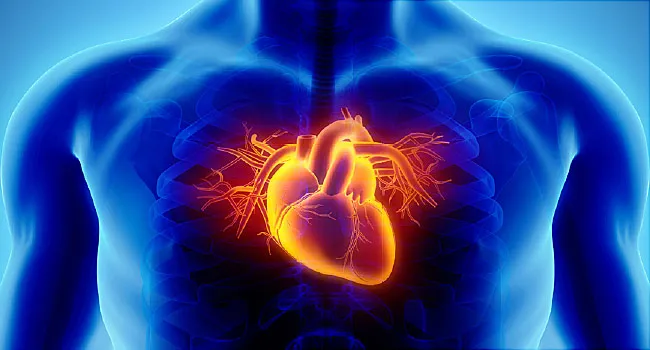
July 30, 2020: Large numbers of patients recovering from the coronavirus may experience heart damage weeks or months after feeling better, according to two new studies in JAMA Cardiology.
Published Monday, the studies reinforce the idea that COVID-19 attacks more than the lungs: It can also damage other organs, even in people who were healthy before contracting the virus.
In one study, researchers [SM1] from Germany analyzed MRI scans of 100 people between the ages of 45 and 53 who recovered from the coronavirus. Compared to scans of similar patients who did not have the virus, 78 had persistent heart damage and structural changes in their hearts. Furthermore, 76 of those patients had a biomarker that is generally found in heart attack patients, and 60 had heart inflammation.
Of the 100 recently recovered COVID-19 patients, 67 (67%) recovered at home, while 33 (33%) required hospitalization.
None of the patients had heart problems before the virus or experienced cardiac symptoms while they had COVID-19. They were “mainly healthy” before they got sick, the researchers said.
“The patients and we were amazed at the intensity and prevalence of these findings, and that they were still very pronounced even though the original disease had already been a few weeks earlier,” Valentina Puntmann, MD, cardiologist, University Hospital Frankfurt and co-author of the study, they told UPI.
“We found evidence of continued inflammation within the heart muscle as well as the lining of the heart in a sizable majority of patients,” he said.
In the other study, another team of researchers from Germany analyzed autopsy reports of 39 people aged 78 to 89 who died from COVID-19 at the start of the pandemic. They found that the virus infected the heart in 16, or 41%, of the patients.
“We see signs of viral replication in those who are heavily infected,” Dirk Westermann, MD, a cardiologist at the Cardiovascular and Vascular Center at the University of Hamburg and co-author of the study, told STAT.
“We do not yet know the long-term consequences of changes in gene expression,” he said. “I know from other diseases that it’s obviously not good to have that higher level of inflammation.”
.